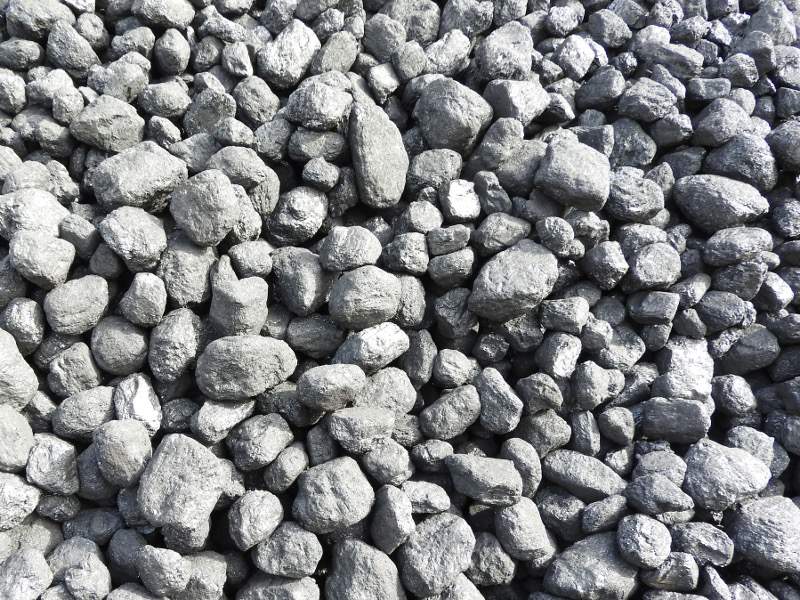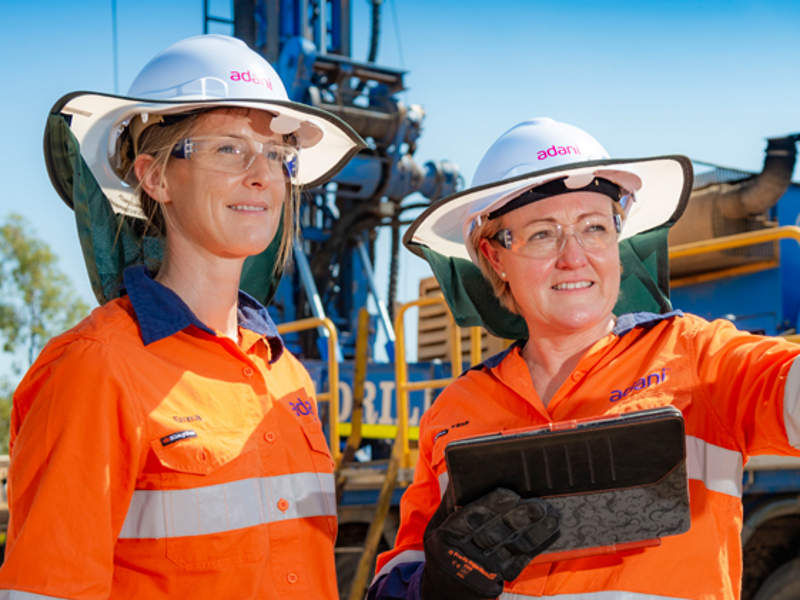The controversial Carmichael coal project is located in the Galilee Basin, central Queensland, Australia.
Adani Mining is the owner and developer of the vertically integrated coal project that involves a greenfield coal mine development and a rail link to Abbot Point Port owned by Adani Mining, for shipping high-quality thermal coal to India and other Asian countries.
Adani acquired the Carmichael mine in 2010 and planned to develop the project with an investment of $16.5bn.
The original plan was to develop a big open-pit coal mine and a 388km-long privately-owned direct rail line connecting the port at Abbot Point to export up to 60 million tonnes of coal a year (Mtpa).
The mega coal project, however, suffered significant delays due to legal hurdles, environmental controversies, and failure to secure external financing.
Adani announced the decision to downsize and self-fund the project in November 2018.
Details of the revised development plan for Carmichael mine
The revised plan is to develop a smaller open-cut mine, link it with an existing heavy-haul railway via a new rail spur, and export up to 27.5Mtpa of coal.
Adani already invested $3.3bn on the project as of November 2018. The remaining pre-production capital investment for the project has been scaled down to $2bn.
The company received major state and federal approvals for the project in December 2016.
The scaled-down project will need to receive rail access approval and settle native title issue over the mine site before it can commence operation.
Adani hopes to start work on the rail connection project in 2019 and commence coal production in 2021.
Carmichael coal project location and geology
The Carmicheal coal deposit encompasses 200km² in the northern portion of the Galilee Basin, approximately 160km to the north-west of Clermont, Queensland.
The deposit consists of Late Permian coal seams, which are mainly found in the forms of Colinlea Sandstones, the Bandanna Formation, and the Betts Creek Beds. The seams are up to 20m-thick and dip westwards between 2° and 6° and sub-crop along the eastern perimeter of the mine.
Carmichael coal reserves
The Carmichael coal project is estimated to hold 10.15 Giga tonnes (Gt) of coal resources including 1.16Gt of measured resources, 3.24Gt of indicated resources, and 5.74Gt of inferred resources.
Mining and ore processing at Carmichael coal project
Carmichael will be an open-cut mine involving conventional dragline and truck-shovel operations.
Rear-dump haul trucks will be used to transport the coal to run-of-mine (ROM) dump stations, from where it will further be transported via overland conveyors (OLC) to a coal handling and preparation plant (CHPP).
The coal will be crushed and sized at the CHPP and then transported by overland coal conveyors to raw and product coal stockpiles.
Coarse, fine, and ultrafine coal will undergo physical agitation and water washing at three processing streams at the CHPP.
Tailings will be sent to a tailings storage facility, while produced coal will be conveyed to train load-out area for further transportation to a terminal at Abbot Point port.
Details of the rail link and the Abbot Point port
The coal produced from the mine is proposed to be transported via a 200km narrow-gauge rail line connecting the existing Goonyella rail line on the Aurizon network that connects to the Abbot Point port, near Bowen.
Adani acquired the Abbot Point coal terminal port in 2011 and purchased the operations lease from Glencore in 2016.
Infrastructure facilities for the Carmichael project
The Carmichael project can be accessed by Moray-Carmichael road, which is planned to be upgraded.
The mine site was proposed to be connected through a 275kV new transmission line from the Galilee North substation.
Adani wantsplans to extract water from the Suttor River in central Queensland for up to 60 years, expand a dam there, and build a 60-km pipeline to transport the water to its mine.
The project was granted a water license by the Queensland Government in 2017 to use up to 12.5 billion liters of water a year from the Suttor River for a period of 60 years. Adani proposes to build a 60km-long water pipeline for the same.
Contractors involved
GHD, an engineering, architecture, and environmental services company, was involved in preparing the environmental study reports for the Carmichael coal project.





